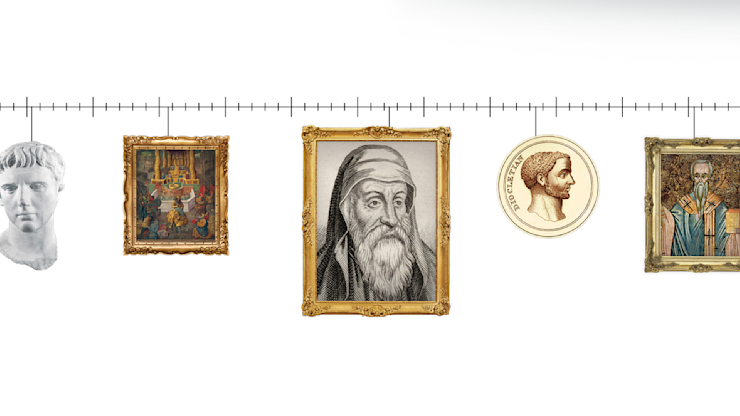What Is a Puritan?

1 Min Read
In this brief clip from his teaching series A Survey of Church History, W. Robert Godfrey examines what was characteristic of the Puritans. You can watch this entire message for free.
Transcript
But as the sixteenth century wore on into the seventeenth century, there was a growing concern, "Now, that we have reformed the externals of the church, how do we continue to ensure that there will be true faith, true piety, true devotion, in the hearts of the people?" And one of the growing concerns was what we could call "formalism." It was what Paul was concerned about when he said, "Some people have the form of godliness, but deny the power of it." It's possible to have the externals just right, and yet have people come to church and just take a nap, either literally or figuratively. "How do you ensure that there will be true faith, true piety, true devotion in the lives and hearts of God's people?" And one of the great movements that was concerned about that is the movement that came to be known as "Puritanism." Puritanism, an English phenomenon, but with great impact beyond England. And I suppose a good place to begin is to say, "Are you a Puritan?" I don't know how you react to that word. Some people have very negative connotations to the word "Puritan." Just like some people say, "You’re a scholastic," meaning you're too precise and too dead. Some people say, "You're a Puritan," meaning you're just too negative about everything. In the nineteenth century, one person defined puritanism or defined "a Puritan" as someone who feared that “somewhere someone was having a good time.” I don't think that is fair at all. The Puritans were actually rather fun loving people in their own, sort of, peculiar way. And are not at all to be seen as characteristically dreary and opposed to anybody having fun. What they were concerned about was, how there could be purity and liveliness, true faith in the life of the church.